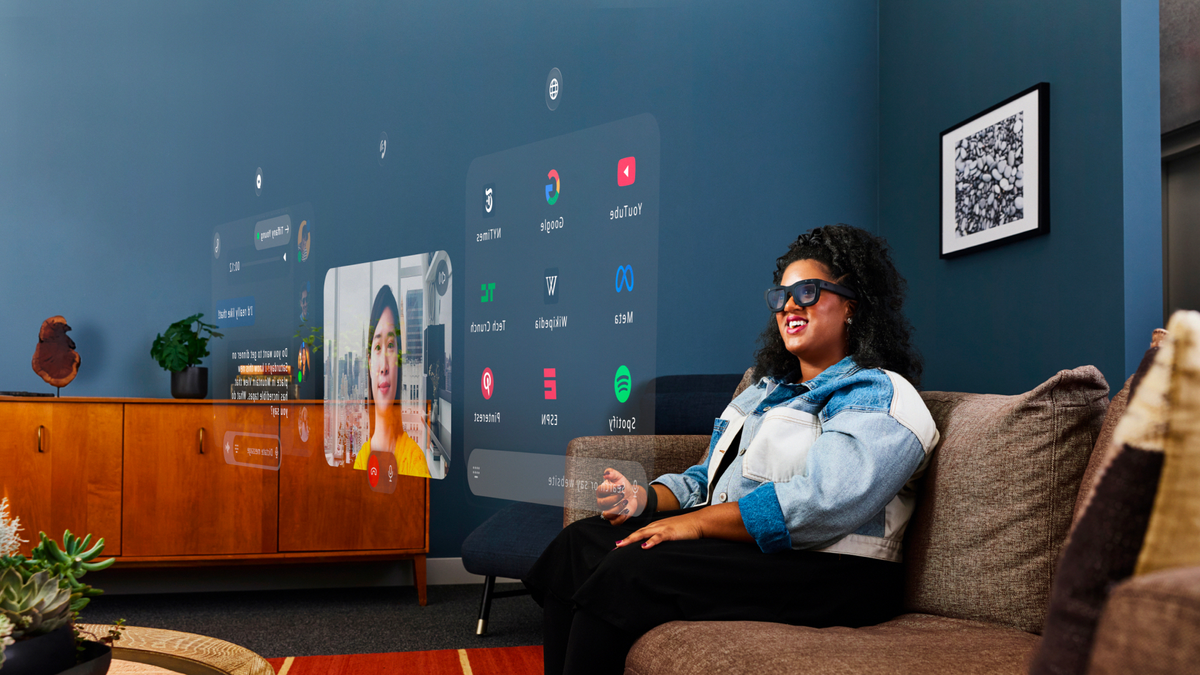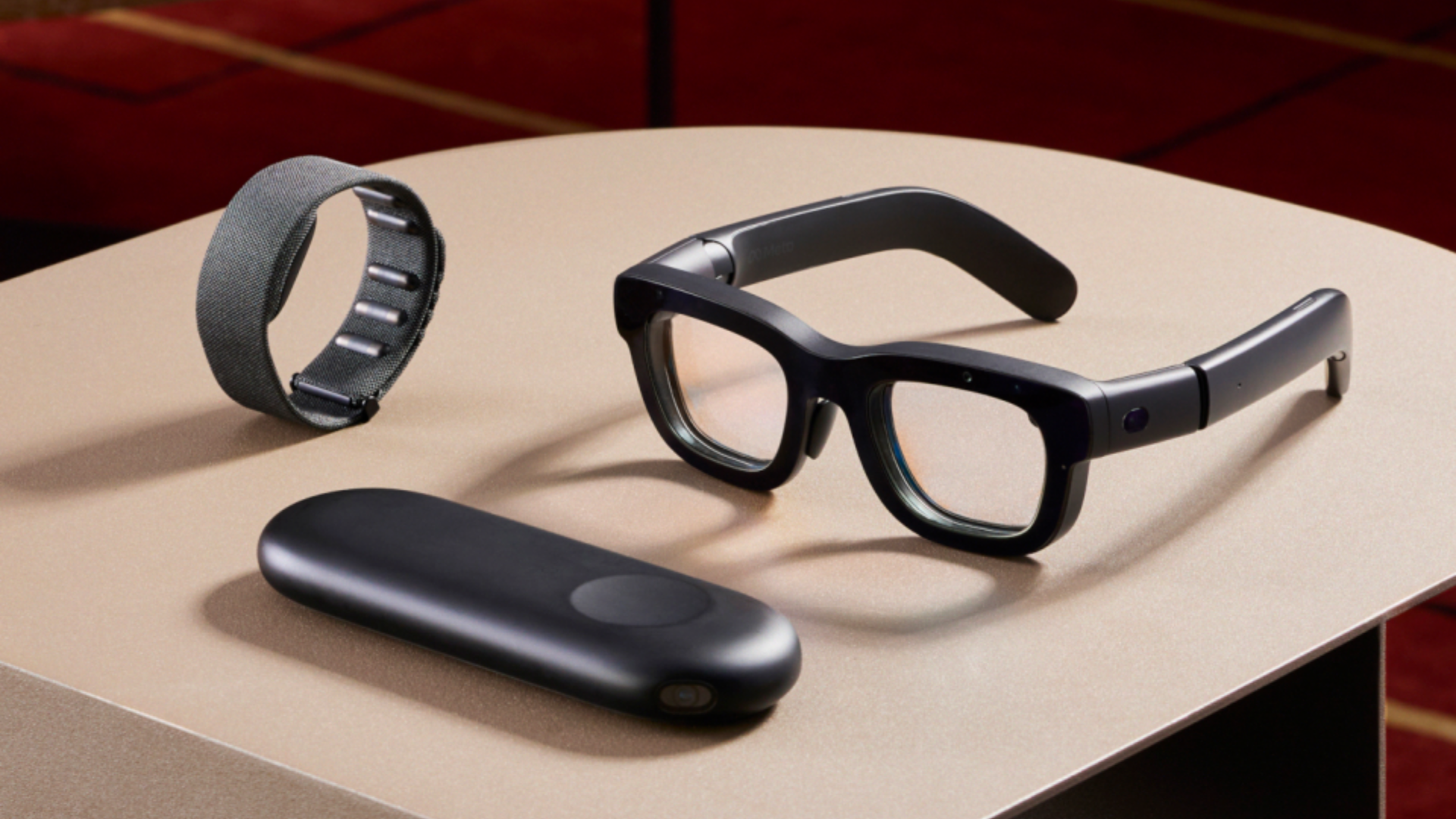Meta’s groundbreaking Orion AR glasses could launch sooner than we thought, but they could cost as much as a smartphone

Meta Connect 2024 was packed with announcements: the Meta Quest 3S was unveiled, the Ray-Ban smart glasses got new features, and Meta AI is also getting upgrades (including one that will dub Instagram Reels recorded in other languages). But the most notable reveal was Orion – Meta’s first fully-functional holographic AR glasses prototype; and while Mark Zuckerberg was careful not to promise when we might see consumer glasses, Meta’s CTO was more than happy to share some details.
Andrew Bosworth – @boztank on Instagram – often AMA sessions where he answers all sorts of questions about Meta’s technology. After Connect, many questions focused on Orion, and one user asked “How long before we can have our own AR glasses and around what price?”
While he didn’t provide a very specific answer, Bosworth did respond, “It will be a few years, but not decades,” suggesting we could see a consumer version of Orion relatively soon. I’d wager we’ll see them sometime around 2027, partly because that fits the timeline Bosworth suggested, and partly because it lines up with the timeline laid out in an early 2023 report from The Verge that leaked details of Meta’s internal roadmap, which pegged 2027 as the year AR glasses would hit store shelves.
Of course, a lot can change in the next few years, but hopefully we’ll be wearing Orion ourselves sooner than some might expect. The other big question is, can we afford them?

More expensive than initially predicted
On that note, Bosworth added that the price might not be as affordable as we initially hoped. Meta has said – and Zuckerberg mentioned this in the keynote – that it has a goal to achieve before Orion launches to consumers, namely to make the glasses more affordable. We took that to mean targeting a price point of around $299 / £299 / AU$449 – the price of the Ray-Ban smart glasses.
However, in his post, Bosworth said that they “probably won’t be in contention for a Quest 3S price, or even a Quest 3 price” – which puts them immediately above $499.99 / £469.99 / AU$1,049.99.
Instead, Meta seems to be aiming for affordability in terms of phones and laptops – which for me would land somewhere around the $700 mark (around £700 / AU$1,350). Granted, this makes a lot of sense – $299 / £299 / AU$449 would be a surprisingly low price to pay for smart specs that are being billed as an eventual smartphone replacement.
That said, price aside, it may be a while before Orion eats up the best smartphones. In another segment of the Q&A, Bosworth revealed that Orion only has a battery life of two to three hours – about the same as the Meta Ray-Ban smart glasses. That’s certainly not bad for an AR wearable, but it’s still a long way from the all-day battery life we’ve come to expect from our smartphones.
Hopefully it won’t be decades before the battery needs to be replaced.




